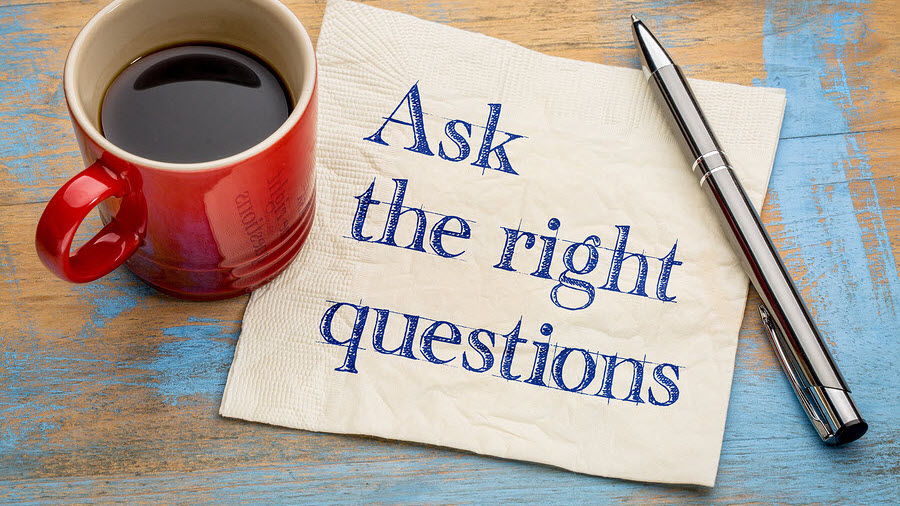
We’ve all heard the old saying: If you want better answers, ask better questions! Good questions seek to understand the bigger picture, not just gather bits of information. Knowing how to ask effective questions and putting that knowledge to work during the buyer interview can be mutually beneficial. It could help you identify and target serious prospects to ensure you’re investing your time wisely. It also helps position you as a knowledgeable real estate professional and builds trust with your clients.
Asking this first question is a given, but every client has a different reason for buying a home. The follow-up question gets to the root of the reason. Maybe the home is a long-term investment, a quick flip to turn a profit, or a place to live and grow for decades. Knowing the answer to these questions at the beginning of your relationship will help you shape the rest of the buyer interview, the home tour, and the ongoing service you provide throughout the real estate transaction.
These questions can help you determine whether someone is seriously looking to buy, or if they’re just looky-loos. This is your chance to find out if they’ve been working with other agents. Bringing up a lender lays the groundwork for a conversation about finances. If they’re not yet pre-approved, this is a great opportunity to explain why this is important and to recommend a lender.
These questions will get your clients talking about where they’d like to live, the importance of good schools, neighborhood location and walkability, and other essential features. The second question can help you measure their eagerness to move. If you’re working with first-time buyers, it’s a good time to give them an idea of a timeline for the closing process. The third question can save you and your clients a lot of time because you can eliminate homes with undesirable features before the home tour begins.
Whether you’re a new agent or a seasoned veteran, it’s important to talk openly with your clients to determine their wants and needs. Asking your clients the right questions at the start of your relationship establishes you as their trustworthy champion working with their best interests at heart. And remember, asking follow-up questions can help open up the discussion even more. The best follow-up questions aren’t scripted—they come from fully present and engaged professionals attentive to their clients’ needs.